Booked

Teaching Ideas / Invitations for Your Classroom:
Filed under: Poetry
About Katie Cunningham
Katie is a Professor of Literacy and English Education at Manhattanville College. There she is also the Director of the Advanced Certificate Program in Social and Emotional Learning and Whole Child Education. Her work focuses on children’s literature, joyful literacy methods, and literacy leadership. Katie is the author of Story: Still the Heart of Literacy Learning and co-author of Literacy Leadership in Changing Schools. Her book Start with Joy: Designing Literacy Learning for Student Happiness will be released September 2019. She is passionate about the power of stories to transform lives.
ADVERTISEMENT
ADVERTISEMENT
SLJ Blog Network
2024 Books from Pura Belpré Winners
In Memorium: The Great Étienne Delessert Passes Away
Winnie-The-Pooh | Review
Parsing Religion in Public Schools
Finding My Own Team Canteen, a cover reveal and guest post by Amalie Jahn
ADVERTISEMENT

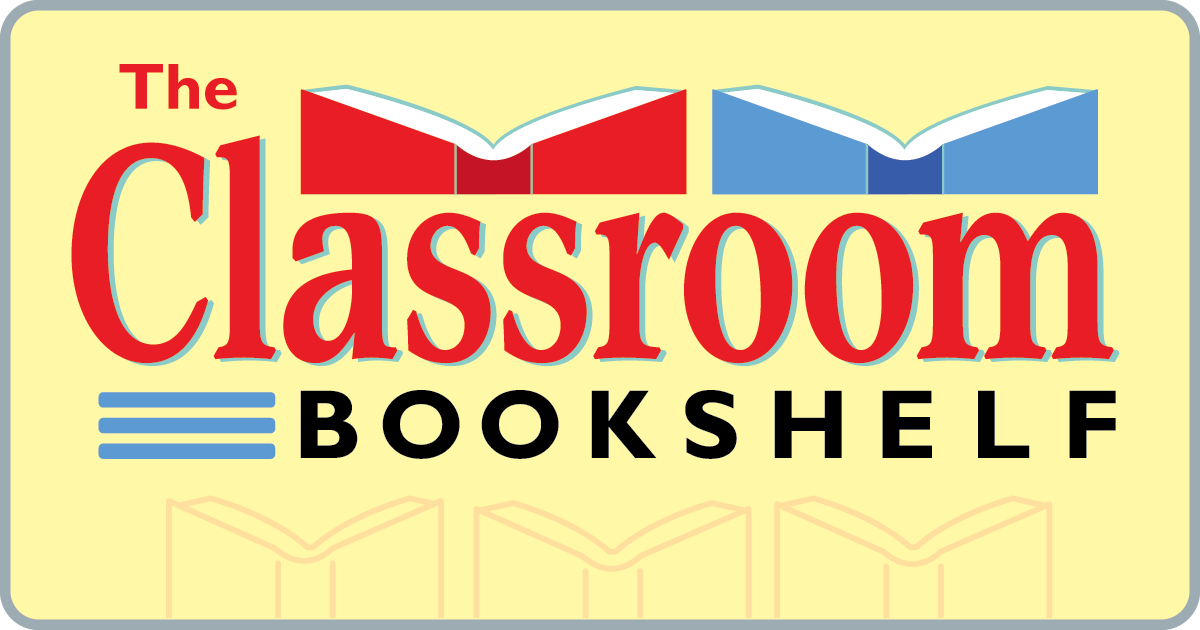
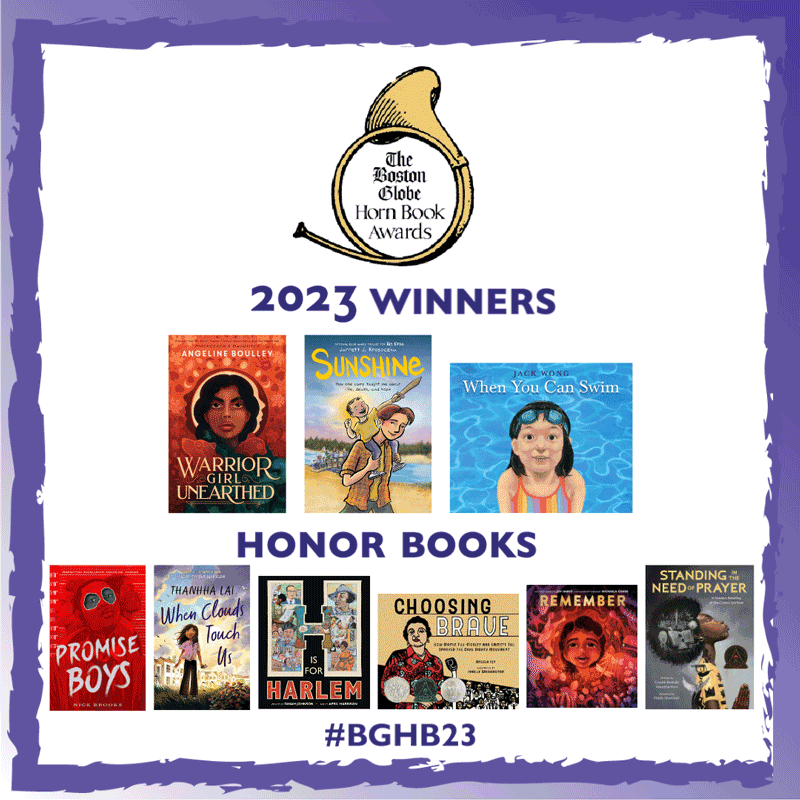
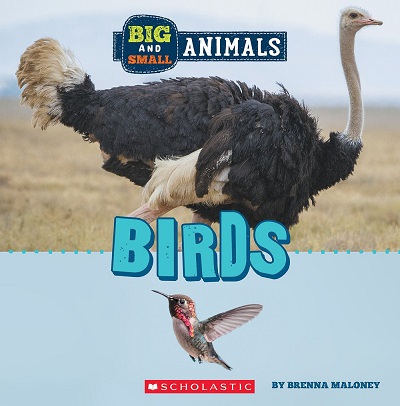
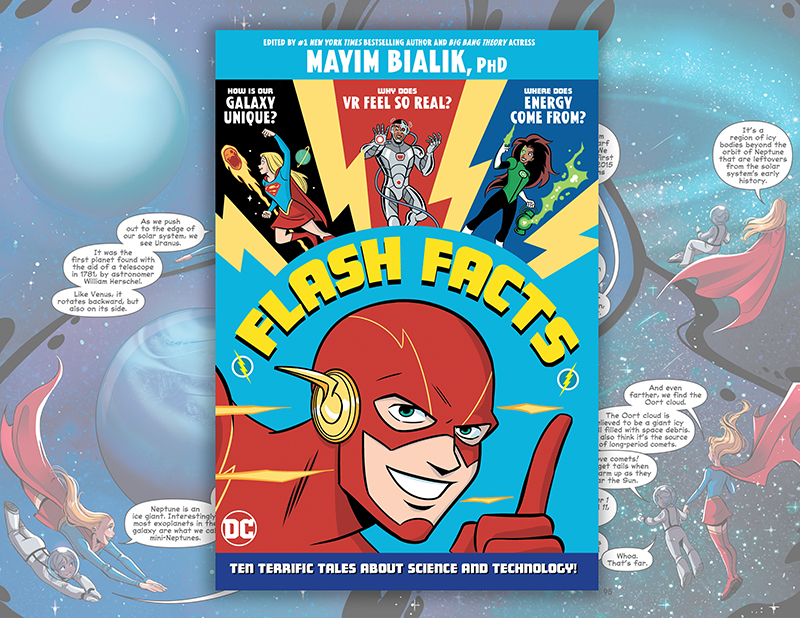
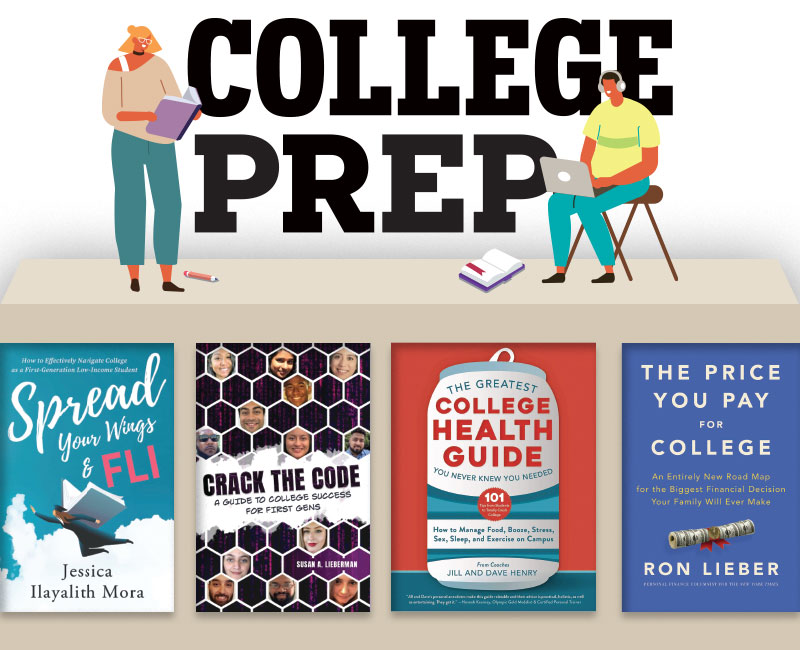
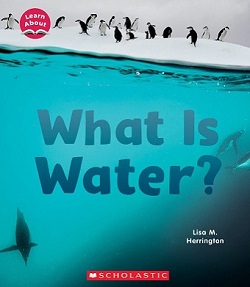
As always, your suggestions are thorough and right on-point!
I'm about 30 pages away from the end of Booked. I've been enjoying it tremendously. (I'm eager to see how it ends so I skipped over your synopsis just in case you gave anything away.)
I really enjoyed The Crossover despite not being a basketball fan, so as a fan of soccer, I've been waiting for this one. Thanks for the comprehensive review!
Thank you Katie. Just in time for my webcast with Kwame on Monday!